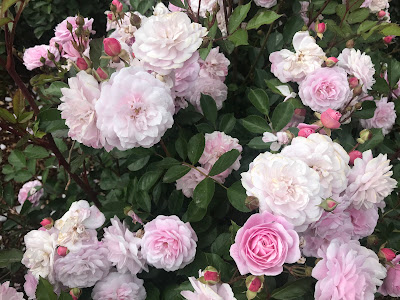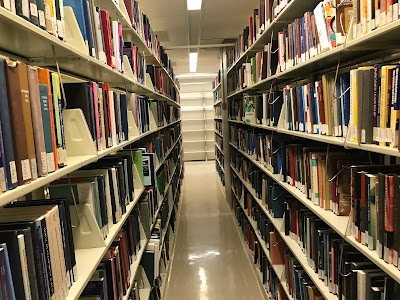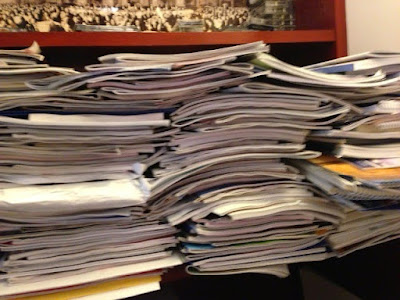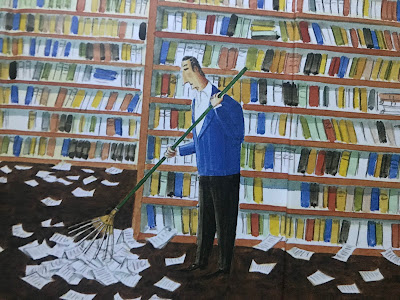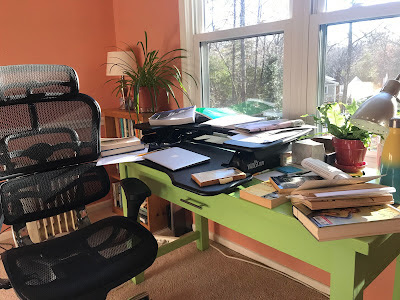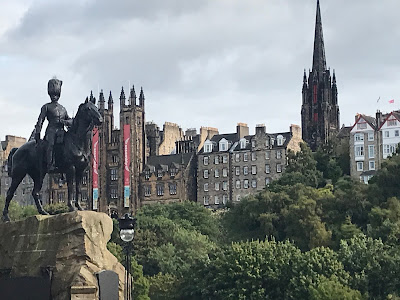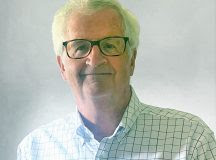Poetry in Prose
A salute in prose to National Poetry Month, 30 days devoted to verse, to words dense and encapsulated. It ends today.
There is, as far as I know, no National Essay Month, no time set aside for the genre I know best, the one which at its root means “to try.”
The essay is the right genre for me, earnest scribbler that I am, and it is, I think, good for many of us. At the very least it’s a genre most of us know. Who hasn’t written a letter or report? Or proofread a college essay?
And so, on this last day of National Poetry Month, I’m thinking of one of my favorite essays. Read it if you have time — it only takes three minutes — and tell me, is it not poetry in prose?
